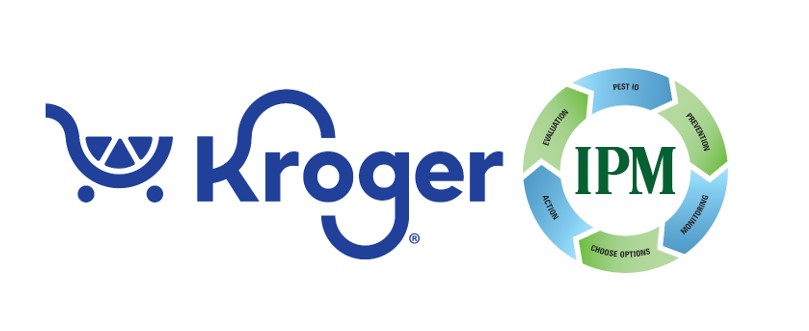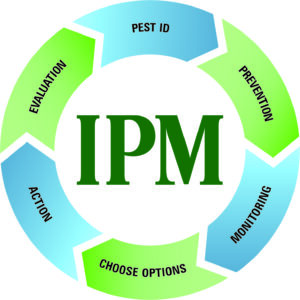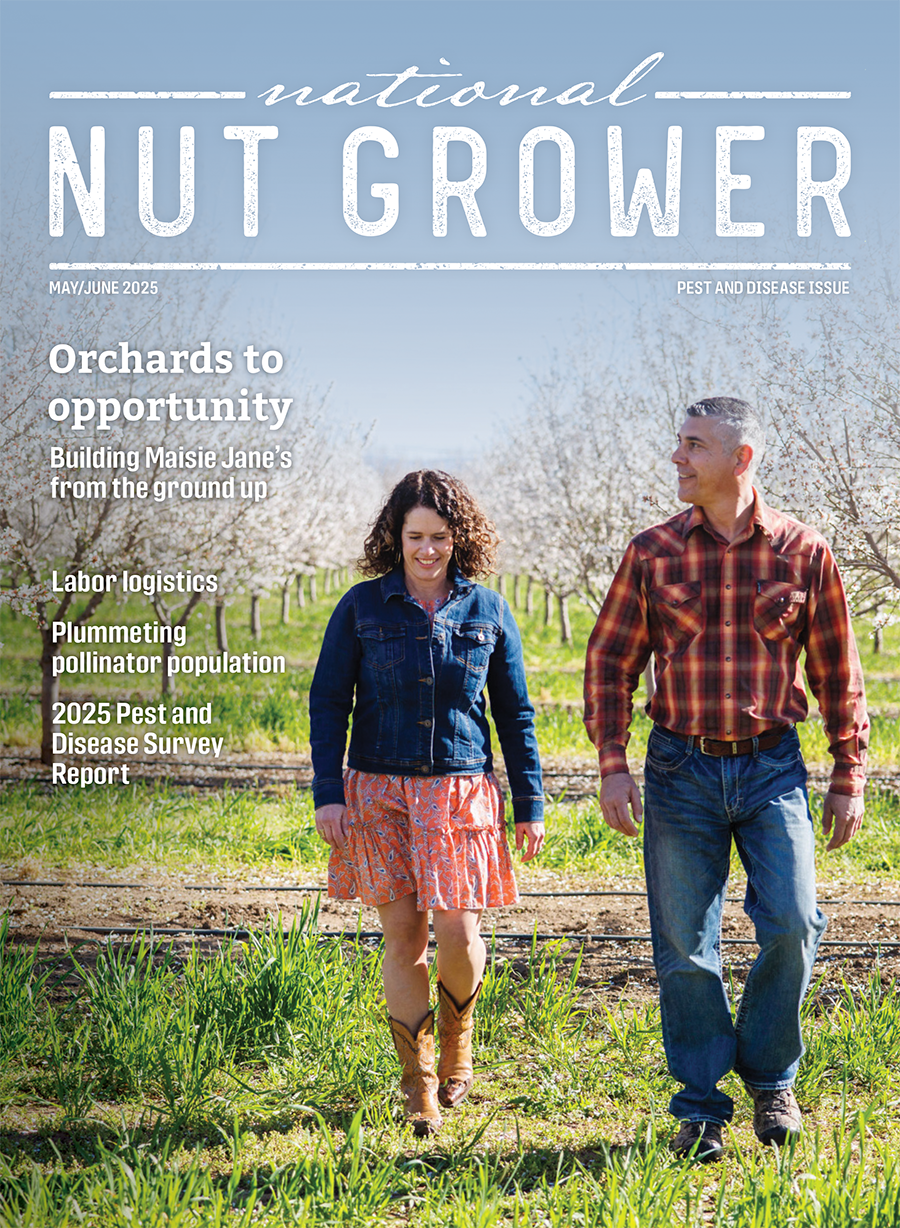Jan 31, 2024Kroger requires IPM in produce supplier rules
In a move touted as advancing sustainability in its fresh produce supply chain, a major U.S. retailer is introducing a produce supplier biodiversity program that places new requirements on its produce suppliers.
The move by The Kroger Co. is touted as protecting more pollinators, furthering biodiversity and creating a more sustainable produce supply chain, according to a news release.
The Cincinnati-based Kroger will require all of its fresh produce suppliers to use Integrated Pest Management practices for all products supplied to Kroger by 2028 or 2030, based on the grower’s size. Medium- to large-sized growers will be expected to meet the goal by the end of 2028, and small-sized growers by 2030, according to the release.
 Protecting biodiversity is an important part of Kroger’s community impact strategy, Thriving Together. By encouraging growers to use fewer pesticides, the company is taking meaningful steps to improve pollinator health outcomes. This work builds on Kroger’s existing focus on conserving natural resources in its supply chain, including through its seafood sustainability and no-deforestation commitments, according to the release.
Protecting biodiversity is an important part of Kroger’s community impact strategy, Thriving Together. By encouraging growers to use fewer pesticides, the company is taking meaningful steps to improve pollinator health outcomes. This work builds on Kroger’s existing focus on conserving natural resources in its supply chain, including through its seafood sustainability and no-deforestation commitments, according to the release.
“We depend on a healthy and resilient agriculture supply chain to keep bringing fresh, affordable food to more of America,” Lisa Zwack, Kroger’s head of sustainability, said in the release. “This new goal reflects Kroger’s evolving approach to sustainability and resource conservation, including setting clear expectations with growers to support the transition to more sustainable fresh food production.”
Suppliers can comply by achieving one of the following certifications:
- Bee Better
- Biodynamic
- Certified Sustainably Grown
- Equitable Food Initiative
- Fair Trade International
- Fair Trade USA
- GLOBAL G.A.P.
- LEAF MARQUE
- MPS-ABC
- Rainforest Alliance
- Regenerative Organic
- Sustainable Food Group Sustainability Standard
- USDA Organic, or international equivalents
Kroger worked with the Sustainable Food Group, a branch of IPM Institute of North America, to develop the goal and roadmap to compliance. The company also consulted current best practices and interviewed suppliers to ensure the goal was both impactful and achievable.
 “We are incredibly proud to have supported Kroger in the development of this policy, which will drive positive outcomes for biodiversity, including pollinator and broader agroecosystem health through adoption of robust Integrated Pest Management and other sustainable agriculture practices across fresh produce supply chains,” Ariel Larson, Sustainable Food Group senior project manager, said in the release.
“We are incredibly proud to have supported Kroger in the development of this policy, which will drive positive outcomes for biodiversity, including pollinator and broader agroecosystem health through adoption of robust Integrated Pest Management and other sustainable agriculture practices across fresh produce supply chains,” Ariel Larson, Sustainable Food Group senior project manager, said in the release.
Kroger will continue to expand its focus on sustainable agriculture, biodiversity and conservation. To take additional steps toward a more sustainable food system, the retailer will conduct a supply chain biodiversity risk assessment, pilot biodiversity metrics with row crop and specialty crop suppliers and conduct targeted climate risk assessments within its supply chain, according to the release.
Kroger’s family of companies’ 500,000 employees serve more than 11 million customers daily through digital and retail food stores shopping experiences under a variety of banner names.









